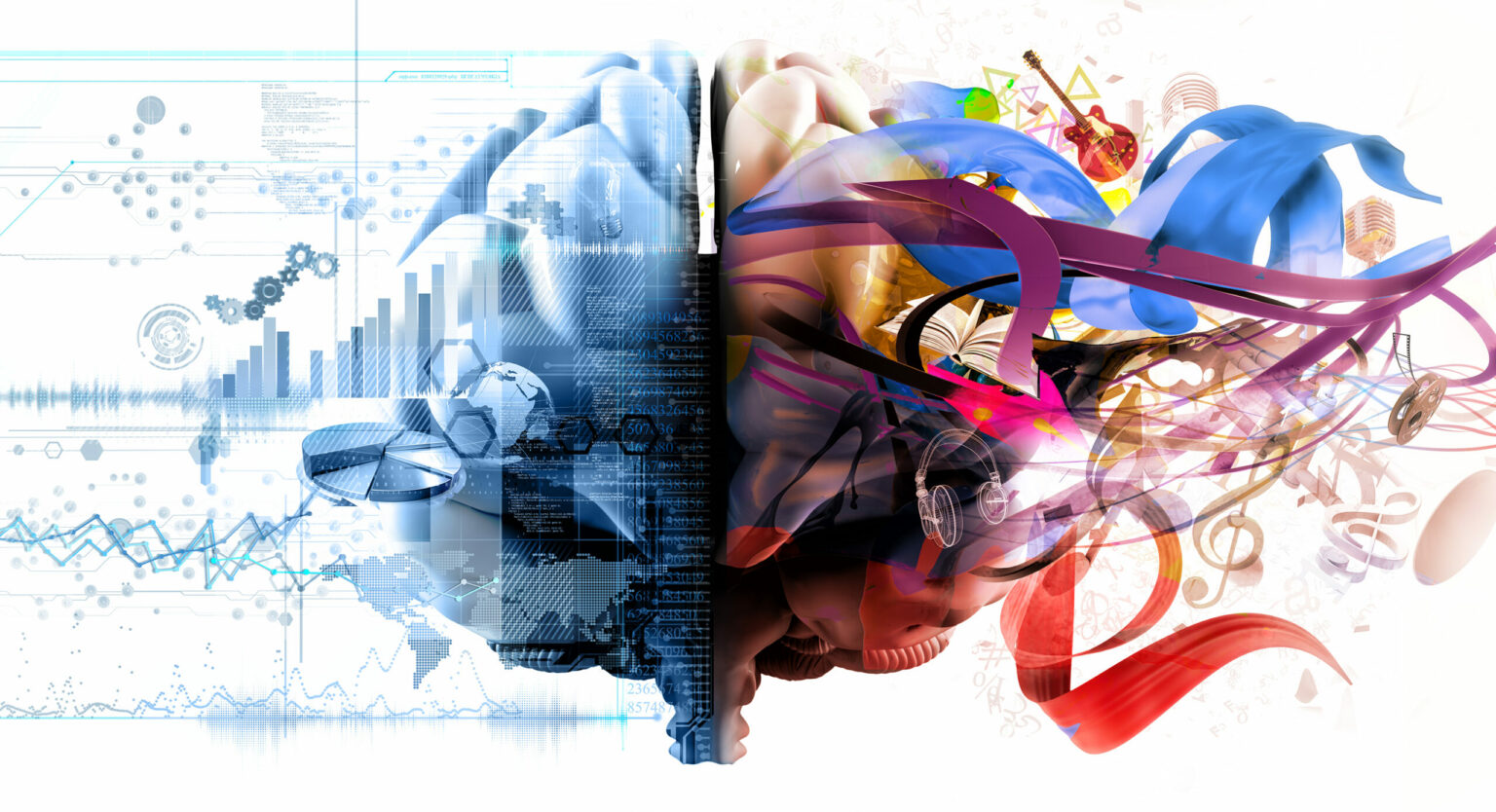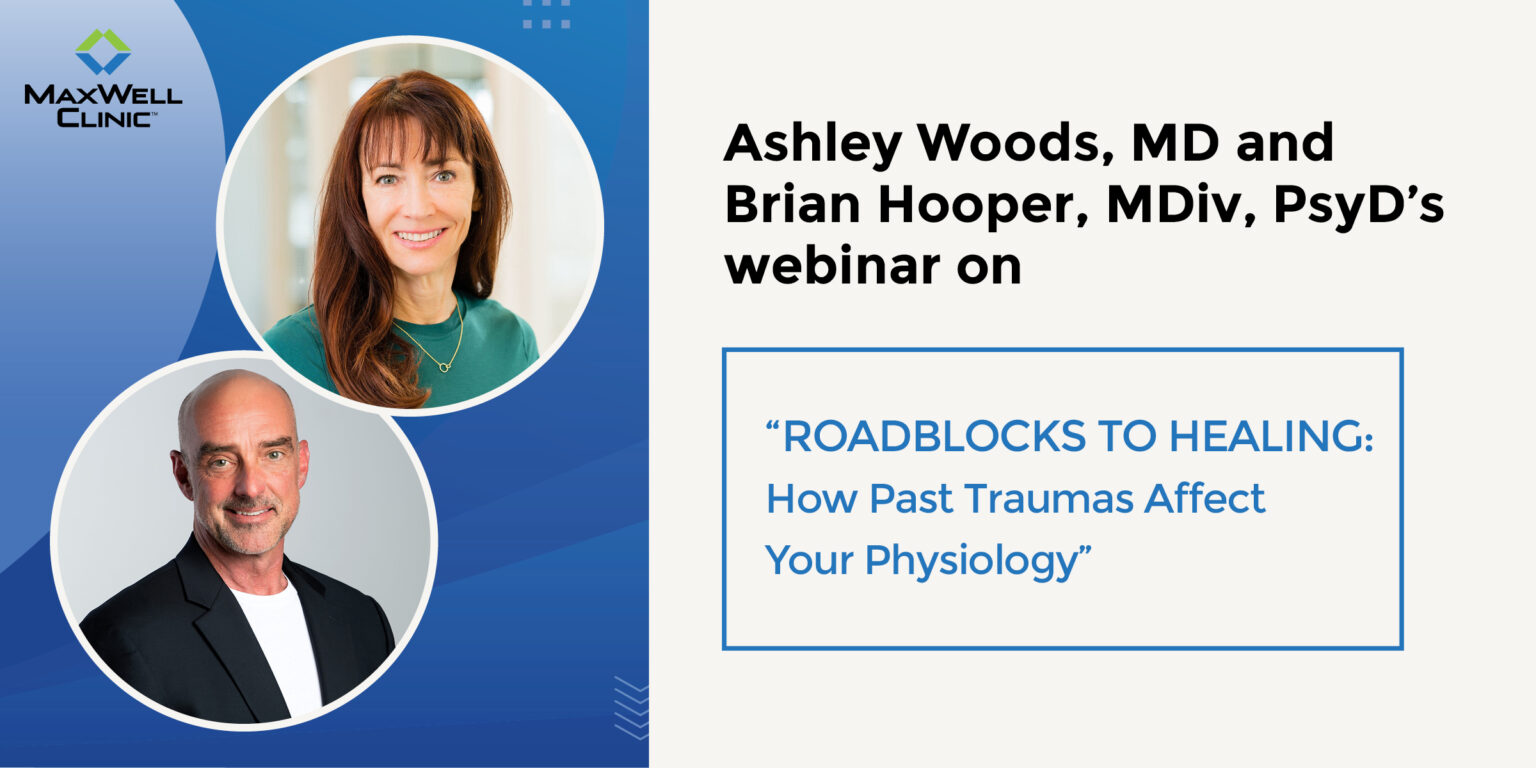Maximize your potential
Improve brain function
Be your best self
Train your brain to be the best it can be.
Your brain is an amazing organ, capable of almost anything. But sometimes it needs a bit of a push to lead you back into healthier or more productive realms. That’s where Neurofeedback comes in! As you train specific areas of the brain, new neurons and neural pathways will be created that can help with sleep issues, attention problems, anxiety or depression symptoms.
Neurofeedback therapy targets the root of the problem.
Neurofeedback is a safe treatment that doesn’t involve drugs or surgery.
An hour or two a week can make a positive impact.

ADD/ADHD
Adderall and Ritalin, the most common drugs prescribed for ADD/ADHD are short-term treatments that often come with serious side effects. There is a better way! Neurofeedback is based on a simple principle – the brain emits different types of waves depending on whether we’re in a focused state or daydreaming. The goal of neurofeedback therapy for ADHD is to teach patients how to produce focused patterns that will help them keep their attention from wavering off task.

Sleep Issues
When you’re asleep, your brain should cycle through three different states: alpha (a light state of relaxation), theta (the dream-state), and delta. If something is interrupting these rhythms it can make falling asleep really difficult. Through Neurofeedback, we can strengthen that pattern of activity in a positive way so you can sleep better.

Depression, Anxiety, Stress
It’s not uncommon for work or school to take a toll on people. Many people experience periods of anxiety, depression, and stress. QEEG brain map is conducted first to identify the dysregulated areas that cause this distressful feeling for an individual person. This then leads into subsequent training sessions which help regulate those parts of the brain so they are able to alleviate symptoms altogether with lasting relief!
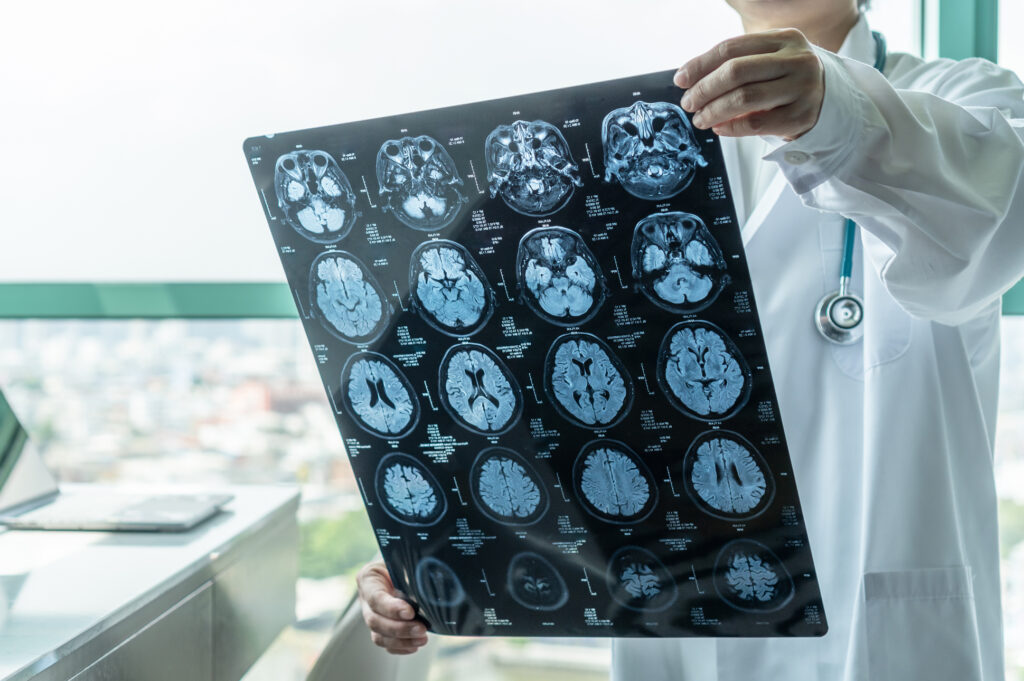
Concussion & Traumatic Brain Injury
A concussion can lead to lasting problems if left untreated or undertreated. Neurofeedback is a non-invasive and painless way to help professional athletes or active duty service members with brain injuries. With this technology, we can determine which parts of the brain have been altered by an injury or trauma and through treatment, help bring things back into balance again.

Seizures
Studies show seizure disorders like epilepsy respond well to neurofeedback training. Although drugs and surgery can often provide effective means of treating seizures, they also come with risks that can make this option undesirable or unavailable. Through neurofeedback training, the brain can learn to regulate and stabilize the nerve disruptions that cause their condition.

Migraines
If you’ve been having trouble with your migraines and are looking for a natural remedy, neurofeedback might be the answer. Neurofeedback training has been shown to help reduce both frequency and intensity of migraines. By balancing the brain so it operates better, your headaches are more likely to go away, occur less frequently or become less intense.

Behavioral Issues
Neurofeedback is a drug-free treatment for behavior issues that manifest with dysregulation. Brain training addresses the underlying issues in brain performance leading to difficulty concentrating, impulsiveness, and disorganization. By addressing these root causes of cognitive difficulties like attention span or behavior problems such as anger management, there can be sustained changes that reduce symptoms associated with mental disorders.

Focus & Productivity
A number of athletes and executives have utilized neurofeedback technologies to learn how to maximize their mental potential, but they’re not the only ones. Musicians, chess players, writers—anyone can use these tools for success in all fields. Neurofeedback is an increasingly popular practice among individuals who are looking for a competitive edge on one another or just want some help during stressful times at work or at school.

Addiction
Neurofeedback treatment is a form of therapy that has been proven to help in the recovery from addiction. It targets specific areas within your brain and is often combined with other forms of treatments including 12-step groups and therapy. Whether it be substance addiction, behavioral addiction, or an eating disorder, neurofeedback not only can help regulate your brain and lessen cravings but also restore healthy functioning.
*Neurofeedback may be one element of a treatment plan. Results vary from patient to patient.
As you train specific areas of the brain, new neurons, and neural pathways will be created that can help with sleep issues, attention problems, anxiety, or depression symptoms. Neurofeedback can offer lasting solutions for those looking for relief from ailments or for those looking to improve their brain potential.
David Haase, MD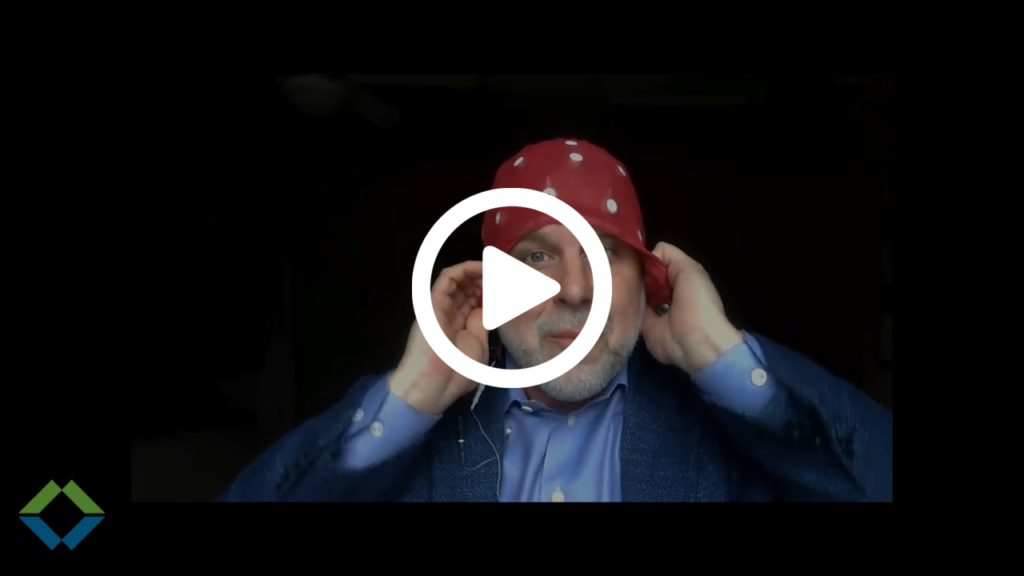
David Haase, MD
Founder & Medical Director, MaxWell Clinic
Why should I choose MaxWell Clinic for my Neurotherapy treatment?
-
Our Neurotherapy team is led by David Haase, MD, a member of the International Society for Neurofeedback Research who helped develop EEG software for clinicians around the world.
-
MaxWell Clinic is one of the oldest and most experienced providers of neurofeedback in Middle Tennessee.
-
We have many different types of Neurotherapy available. Your brain is unique and your treatment plan should be too.
-
We test and don’t guess. We don’t make assumptions about something as complex as your brain.
No two brains are alike.
Thorough assessments enable us to custom-tailor your neurofeedback treatment plans. When we’re able to understand your unique brain function, it allows us to look beyond just the symptoms you may be experiencing and identify brain activity that may be at the root of the cause.
Here’s our approach:
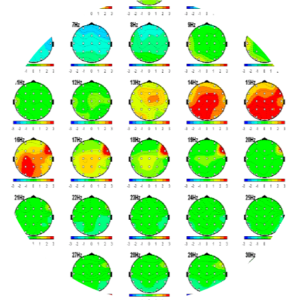
Brain Mapping
Brain mapping, also known as QEEG, allows us to look at your brainwave activity in 19 different locations. Each of these areas has a unique electrical fingerprint that we call the Brain Map. The qEEG is a simple and painless procedure that takes about 1 hour in our office. During the qEEG, we’ll place electrode gel and sensors on your scalp and have you complete a series of simple brain exercises while we record your brain activity. We compare your map against many other maps from years of extensive research and know what biomarkers or common traits are associated with various disorders. The results will reveal any imbalances that can be addressed with Neurofeedback or other neuropathy training methods.
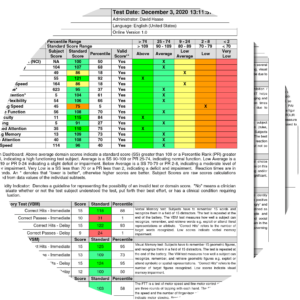
Cognitive Performance Testing
Cognitive Performance Testing takes about 45 minutes to complete and measures neurocognitive and behavioral states using a series of questions. This brain exercise stress test generates results that add insight and objective validity to our assessment of your brain function. The results may indicate brain challenges such as attention problems, and mild to late-stage memory loss that can then be addressed with Neurofeedback Sessions. Knowing where you are starting and where your clinical course is going are very important questions that Cognitive Performance Testing helps us answer.
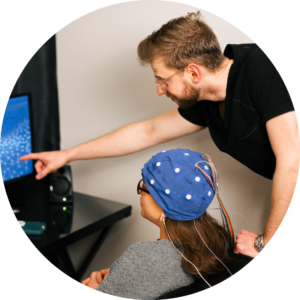
Customized Neurotherapy Protocol
Your custom-tailored Neurotherapy protocol is unique to your circumstances and goals! While the preliminary testing results will reveal any imbalances that can be addressed with Neurofeedback Sessions, we also take special care to hear and understand your experiences and insights because it may hold additional clues to your struggles. Your clinician reviews all of your assessments and data to create a customized protocol. We offer Neurofeedback, Neurostimulation, Neuromodulation, and Cognitive Exercise as treatment options. There’s no cookie-cutter approach here. Rest assured that your unique treatment plan is designed specifically for you.
Get in touch with your true potential.
If you want an improved life with less stress, anxiety, depression, and pain then neurofeedback may be right for you!
Give us a call
Speak with our New Patient Coordinator to learn if our Neurofeedback Program is right for you. We’ll answer all your questions and help you schedule your consultation.
Schedule your consultation
Your first visit will start with a private consultation with one of our Clinicians. We’ll assess your initial concerns, medical history and perform our assessments so we can begin to understand your unique brain function.
Train your brain
Through training specific areas of the brain, you’ll create new neurons and neural pathways! Neurofeedback is an excellent lasting solution for those experiencing sleep issues, attention problems, anxiety, depression, or wanting more focus in their lives.
Blog: Neurofeedback
Frequently Asked Questions
Do I have to be a current patient of MaxWell Clinic to schedule Neurofeedback?
No, you do not need to be a current patient of MaxWell Clinic to schedule Neurofeedback.
What happens during a Neurofeedback session?
Small sensors are placed on your scalp which monitors your brain electrical activity. The results are fed through an FDA-registered database and users are given real-time feedback to optimize their brain wave patterns. This feedback comes in the form of changes in a video display or sound pattern. By rewarding more healthy brain states, your brain learns to function better long-term. It’s simple and painless. All you need to do is show up and relax!
How long does each Neurofeedback session take?
Each EEG-NFB session may last anywhere from 10 minutes to 40 minutes. A typical course of therapy takes 20-40 sessions, with 20 being average. The usual schedule is 2 to 3 sessions per week, but daily or even twice daily sessions may be recommended for certain circumstances.
How long do the effects of Neurofeedback last?
There have been long term follow up on patients who have sustained NFB improvements for over 20 years. As a general guideline, it is important to continue your training up to 5-20 sessions after you’ve seen the major symptoms improve to “entrain” the new, more functional pattern. As EEG-NFB re-trains the brain, once the successful training is complete -unlike medications- treatment stops. However, the brain actually continues to become more efficient for months after the actual sessions have ceased. Every day your brain trains itself, and as a result of Neurofeedback it can be on a path in a better direction.
Do you have remote Neurofeedback options for those who do not live locally?
Yes! We offer a remote option for patients who do not live in Nashville. Please contact us for more details. We’d love to help you get started!
Is Neurofeedback or Brain Mapping painful?
Not at all! It is non-invasive and pain free.
Are there any risks with Neurofeedback training?
Neurofeedback is a noninvasive procedure with no side effects and has been safely performed on most individuals. We will review your health history before recommending neurofeedback training for you so they can be sure it’s safe to proceed in this manner.
What are the fees?
Please contact us at 615-370-0091 and we’d be happy to discuss general pricing. Due to the nature of our highly personalized, customized care, the exact cost will need to be determined by the evaluation and prescription.
What age can receive Neurofeedback services at MaxWell Clinic?
The minimum age for Neurofeedback is 6 years old.
Is Neurofeedback covered by insurance?
Although we can not submit claims to your insurance company for you, you may still be eligible for insurance reimbursement for the assessment and neurofeedback training services we provide. We will provide you with a detailed receipt that you can submit to your insurance for possible reimbursement. Every insurance is different, so we encourage you to contact your insurance directly to discuss your particular benefits.
Can I use my HSA or FSA?
Many of our patients use Health Savings Accounts (HSA) or Flexible Spending Accounts (FSA) to pay for care at MaxWell Clinic. This allows you to use pre-tax dollars, which can save you money. We encourage you to check with your individual plan for your coverage benefits.
Are there any scientific studies proving the effectiveness of Neurofeedback?
Absolutely! Here are just a few:
Fragedakis, T. M., & Toriello, P. (2014). The Development and Experience of Combat-Related PTSD: A Demand for Neurofeedback as an Effective Form of Treatment. Journal of Counseling & Development, 92(4), 481–488. https://doi-org.proxy1.ncu.edu/10.1002/j.1556-6676.2014.00174.x
Rogel, A., Loomis, A. M., Hamlin, E., Hodgdon, H., Spinazzola, J., & van der Kolk, B. (2020). The impact of neurofeedback training on children with developmental trauma: A randomized controlled study. Consulting Psychology Journal: Practice & Research, 72(4), 918–929. https://doi-org.proxy1.ncu.edu/10.1037/tra0000648
Moss, D., & Lagos, L. (2015). FROM THE EDITOR. The Use of Heart Rate Variability Biofeedback and Neurofeedback for Traumatic Brain Injury. Biofeedback, 43(1), 1–3. https://doi-org.proxy1.ncu.edu/10.5298/1081-5937-43.1.03
Gray S. N. (2017). An Overview of the Use of Neurofeedback Biofeedback for the Treatment of Symptoms of Traumatic Brain Injury in Military and Civilian Populations. Medical acupuncture, 29(4), 215–219. https://doi.org/10.1089/acu.2017.1220
How do I get started?
Give us a call at 615-370-0091 and we’d be more than happy to schedule a consultation!

